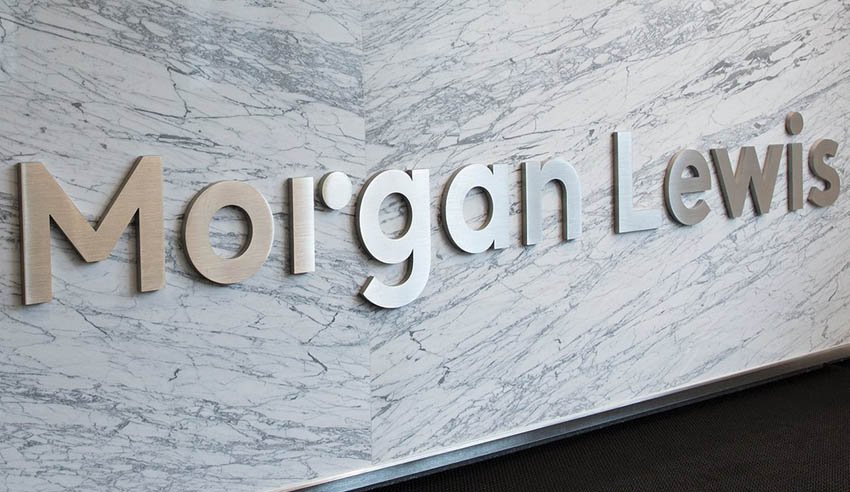With restrictions easing across Australia, businesses face personal injury and other risks they will need to mitigate to avoid exposure to liability.

Source: https://www.facebook.com/photo?fbid=2444676235549396&set=a.1800788063271553
Earlier this week, US-headquartered global law firm Morgan Lewis published a white paper exploring common theories of liability that could be the focus on potential new litigation as businesses look toward a post-pandemic marketplace.
“There are common claims we expect to see litigated nationally as a consequence of the pandemic. As occurred following previous infectious disease outbreaks, customers, employees, and employee [next of kin] are likely to pursue claims against businesses for negligence based on principles of premises liability and failure to warn. Indeed, personal injury lawsuits have already been initiated against various businesses, including meat processing plants, educational institutions, and rehabilitation and nursing home facilities.”
Businesses can reduce the risk of personal injury lawsuits, the firm wrote, by continuing to follow state, territory and federal guidelines as well as adding COVID-19 provisions to their standard terms and conditions, including appropriate disclaimers, acknowledgements of risk and limitation of liability statements.
“Non-consumer businesses should consider including in their contacts with their clients and vendors an [indemnification] provision requiring their clients and vendors to indemnify the business from COVID-19 personal injury claims by their employees, customers, business invitees, and patrons,” Morgan Lewis wrote.
“Similarly, a non-consumer business may request its clients and vendors make it an additional insured under their insurance policies.
“Finally, service companies should consider including a [limitation of liability] provision in their service contracts to guard against claims by their clients that they caused their operations to shut down by allowing their facilities to be infected with COVID-19. In this regard, a mutual [limitation of liability] provision stating that ‘neither party be liable to the other party for any loss of business, business interruption, consequential, special, indirect or punitive damages’ may be helpful.”

Jerome Doraisamy is the managing editor of professional services (including Lawyers Weekly, HR Leader, Accountants Daily, and Accounting Times). He is also the author of The Wellness Doctrines book series, an admitted solicitor in New South Wales, and a board director of the Minds Count Foundation.
You can email Jerome at: